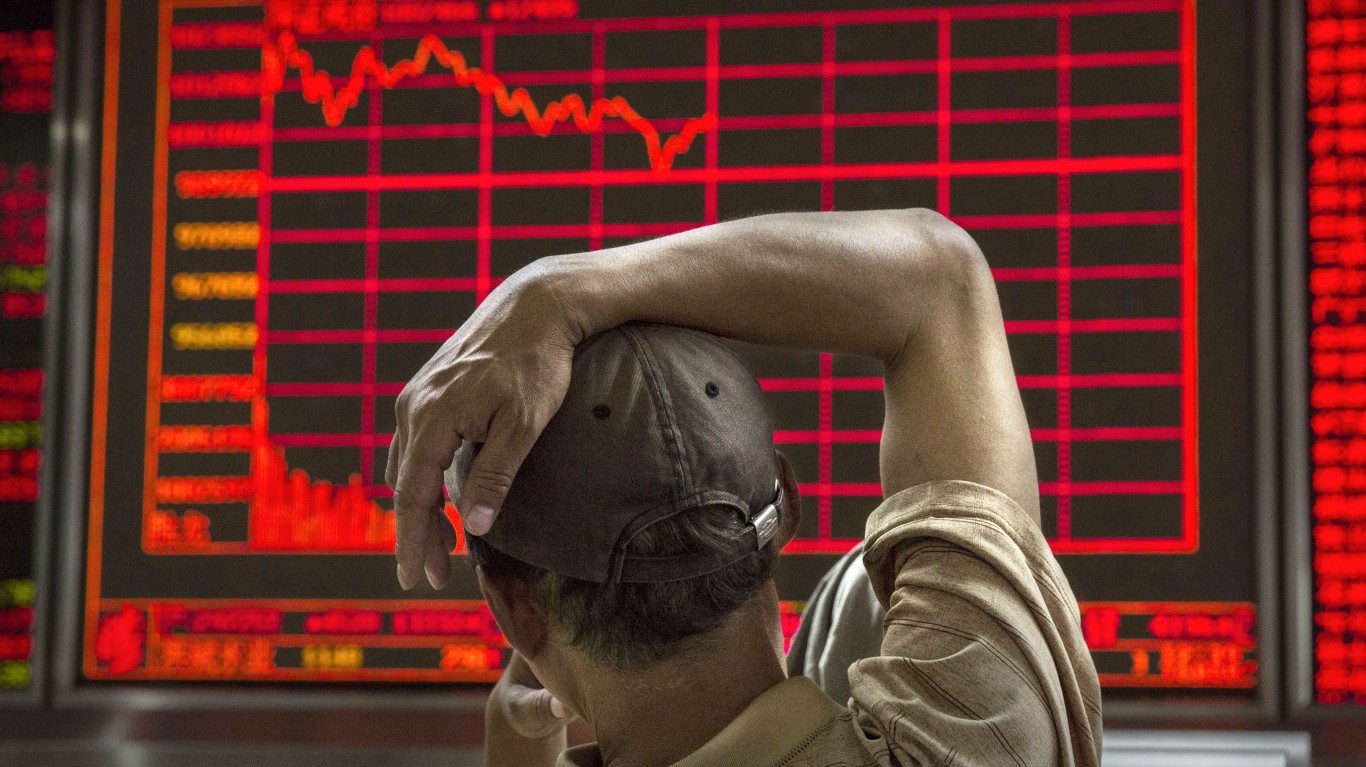Investing
Goldman Sachs Sees “Lost Decade” for Stocks—Why You Should Buy Anyway

Published:

Nothing curbs investor enthusiasm and optimism quite like a downbeat Goldman Sachs (NYSE:GS) forecast of returns for the next decade. Recently, Goldman recently called for a “lost decade” in stocks, one that could see the stock market return a paltry 3% per year, a far cry below the double-digit gains we witnessed for the S&P 500 over the prior decade.
Of course, big bank forecasts are not to be taken as gospel. We’ve heard about the so-called “lost decade” before, and stocks have continued to move higher, defying the low expectations put in place by pundits. Either way, taking such long-term market forecasts with a very fine grain of salt seems like the best course of action, even if headlines surrounding the matter will keep flowing in as the Nasdaq and S&P 500 eye new highs by the year’s close.
In short, nobody knows where the stock market is headed and what the ride will be like along the way. That said, given today’s market valuations, it can’t hurt to be just a tad more cautious. Indeed, cautious optimism never hurt anyone’s portfolio, especially at a time of above-average stock valuations and rising geopolitical tensions.

Recent portfolio moves by Warren Buffett and Dr. Michael Burry, two investing legends, suggest being more cautious isn’t all too bad of an idea. Of course, we can’t see what’s immediately on the road ahead, but whenever your windshield is a bit foggy, driving slower and more conservatively only makes sense.
Further, playing things cautiously does not mean one needs to be bearish!
Buffett still owns a great deal of Apple (NASDAQ:AAPL) stock and believes the iPhone maker will remain his firm’s largest public stock holding by year’s end. Also, Dr. Burry isn’t shorting this market as he did in the lead-up to 2008. This suggests he’s okay with taking a step back but isn’t expecting any sort of vicious crash to wipe out stock values.
In any case, cautious portfolio moves and Goldman’s “lost decade,” I believe, warrant some caution on the part of investors as we look to close off 2024 with a huge gain intact.
In this piece, we’ll look at a risk-off stock that can still do well over the next decade even if it turns out to be a “lost” one, as Goldman foresees. Enter Alphabet (NASDAQ:GOOG) stock, a Magnificent Seven AI innovator that’s still looking cheap following this week’s sensational quarterly beat.

Even after blasting off close to 3% on the back of a wonderful quarterly result, GOOG stock still looks way too cheap at 23.3 times trailing price-to-earnings (P/E). The name is my top Magnificent Seven value pick for the year and perhaps a top contender to keep on delivering for investors through a “lost decade” scenario. Undoubtedly, if the economy falters, Alphabet is going to take a hit to the chin as its ads business feels the weight.
That said, as the firm advances on AI, I can’t help but think Alphabet stock will be up markedly in the next decade, regardless of what the rest of the market ends up doing.
Indeed, AI can advance at a profound rate in just a matter of months. Just look how far Gemini, Google’s large language model, has come since it hit the ground stumbling last year. Over the next decade, I’d argue Gemini will be unfathomably better than it is today. The same likely goes for Waymo, Alphabet’s autonomous robotaxi service, which could grow into a sizeable business in a decade.
Further, the applications and monetization potential could have the potential to exceed even the most bullish of long-term expectations. Indeed, whenever you have such an innovator, economic projections matter a heck of a lot less than you’d think in the grander scheme of things.
Can GOOG stock shed more than 30% at some point over the next decade as investors reset their expectations for a “lost decade”?
Sure, but if you’re a long-term investor who will stick it out through the whole decade, I don’t think the choppiness along the way will mean all too much, especially given Alphabet’s sound long-term AI plan.
Thank you for reading! Have some feedback for us?
Contact the 24/7 Wall St. editorial team.